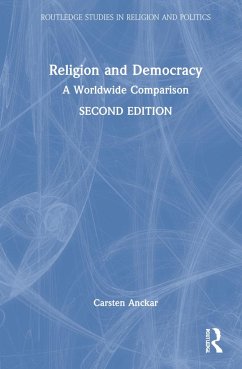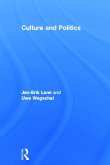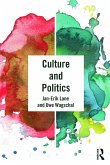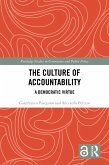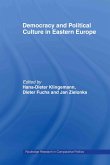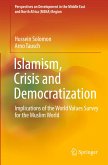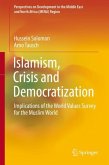This fully updated new edition empirically assesses the relationship between religion and democracy, looking at global, regional, and individual countries' perspectives. Using a wide range of quantitative data, the author tests the validity of Huntington's claim that democracy and religion are tightly connected, and that western Christianity is the only religion capable of supporting democratic institutions. He evaluates both the broader assumptions that the introduction and the stability of a democratic form of government is dependent on the dominating religion in the country at the macro level, and the suggestion that, at the individual level, religious adherence is related to pro-democratic values. Examining religions including Christianity, Islam, Buddhism, Hinduism, Chinese folk religion, and Judaism, this book demonstrates that geographical and political contexts are more important than religious affiliation for explaining levels of, and attitudes towards, democracy. As well as offering a broad empirical picture of the relationship between religion and democracy, this new edition delves deeper into the religion-state nexus, focusing particularly on events that have taken place during the last decade. The author explores how religion is used instrumentally by political leaders in different parts of the world. He also discusses the extent to which religious minorities are under increasing pressure in secularized environments; prospects for democracy in the MENA region a decade after the Arab Spring; the growing influence of evangelical Christianity in Latin America; and how increasing levels of religious conflict in Asia and the Pacific as well as in Sub-Saharan Africa pose a threat to the emergence and survival of democracy. This book will be of great interest to students, academics, and researchers within the field of comparative politics, as well as journalists and various theological associations.
Hinweis: Dieser Artikel kann nur an eine deutsche Lieferadresse ausgeliefert werden.
Hinweis: Dieser Artikel kann nur an eine deutsche Lieferadresse ausgeliefert werden.

